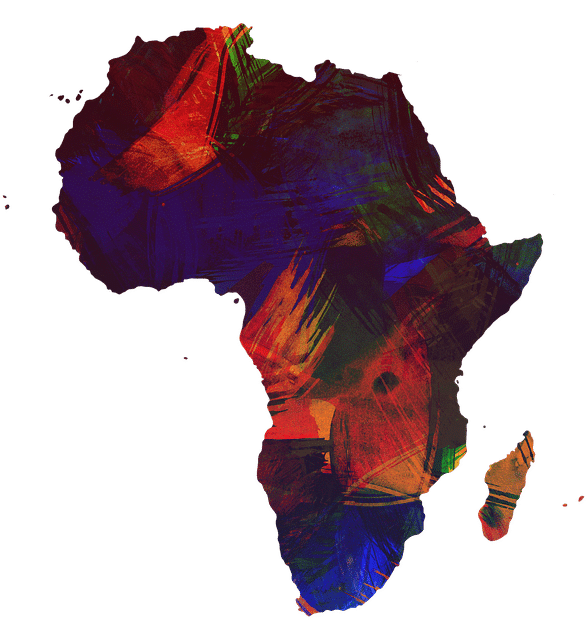The supply chain ethics of 20 leading electronics and jewelry companies were ranked based on conflict-free mineral sourcing from the Democratic Republic of Congo (DRC) in an Enough Project report released on Nov. 16.
Conflict-free minerals, the report explained, “do not directly or indirectly finance or benefit armed groups, including state military units from Congo as well as other predatory regional governments.”
 Human rights groups have regularly raised concerns about the use of child labor in mining for cobalt and the conflict risks resulting from this increasingly valuable mineral. (Pixabay)Focusing on DRC-supplied minerals is the result of a decades-long emphasis by “activists and affected communities in the Democratic Republic of Congo [who] have called attention to the links between their country’s minerals and its protracted armed conflicts.”
Human rights groups have regularly raised concerns about the use of child labor in mining for cobalt and the conflict risks resulting from this increasingly valuable mineral. (Pixabay)Focusing on DRC-supplied minerals is the result of a decades-long emphasis by “activists and affected communities in the Democratic Republic of Congo [who] have called attention to the links between their country’s minerals and its protracted armed conflicts.”
For example, according to an Oct. 26 Bloomberg.com news story, DRC supplies 63 percent of the world’s cobalt – “a byproduct of copper and nickel mining” that has become “essential for high-end rechargeable batteries” used in electric cars.
Human rights groups have regularly raised concerns about the use of child labor in mining for cobalt and the conflict risks resulting from this increasingly valuable mineral.
Enough Project focused its assessment on electronics and jewelry companies because, while other industries use conflict minerals in production, “these two industries … have demonstrated the potential to be catalytic in the development of new policies and practices regarding responsible sourcing, and they are also particularly attuned to consumer pressure.”
Apple was the highest-rated among the consumer electronics manufacturers assessed in the report, receiving an overall score of 122 (114 out of 120, plus 8 bonus points).
“Apple not only has found better ways of addressing incidents within its own supply chain, but it has also helped develop shared centralized platforms for risk assessment that other companies can use,” the report said. “This extra effort contributes to the overall strengthening of conflict minerals supply chain due diligence.”
Alphabet-Google was second with a 102.5 score, followed by HP (76), Microsoft (73), Intel (72.5), Panasonic (42.5), IBM (42), Sony (33.5), Samsung (17.5) and Toshiba (9).
Signet received the highest rating among jewelry companies assessed in the report, receiving an overall score of 66.5.
Tiffany and Co. was second with a score of 60, followed by J.C. Penney (20), Target (20), Macy’s (17.5), Costco (7.5), Helzberg Diamonds (5), Sears (2.5), Walmart (2.5) and Neiman Marcus (0).
Ratings were based on four criteria:
- Conducting conflict minerals sourcing due diligence and reporting.
- Developing a conflict-free minerals trade and sourcing conflict-free minerals from Congo, particularly gold.
- Supporting and improving livelihoods for artisanal mining communities in eastern Congo.
- Conflict-free minerals advocacy.
“Companies and industries must be held accountable,” the report stated. “These rankings serve as a tool for consumers and investors to do that.”
The full report is available here.
This article originally appeared on EthicsDaily.com.
